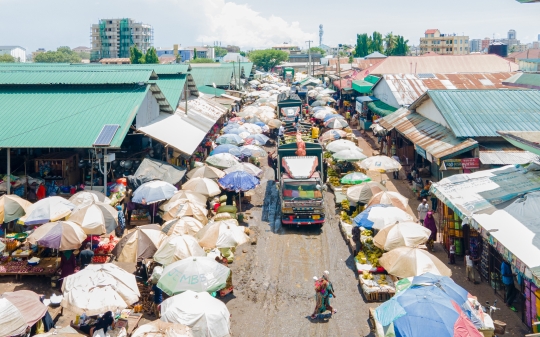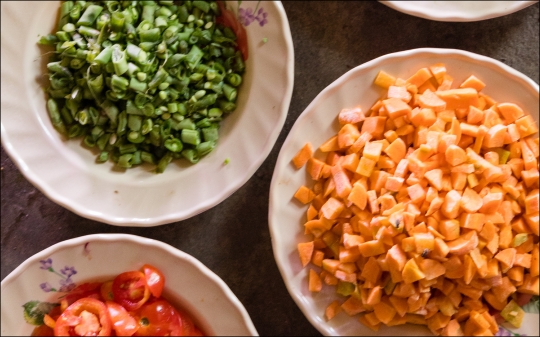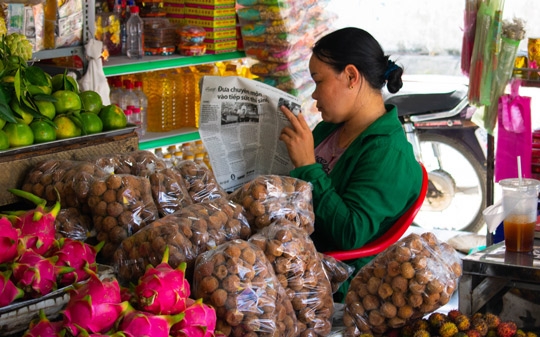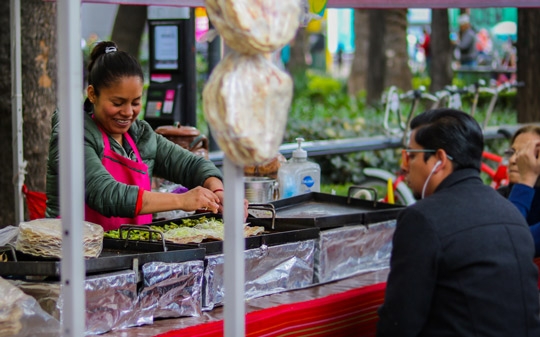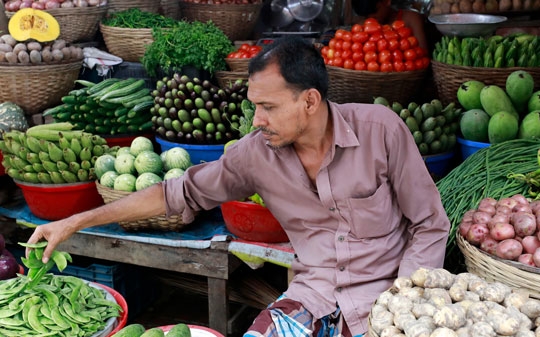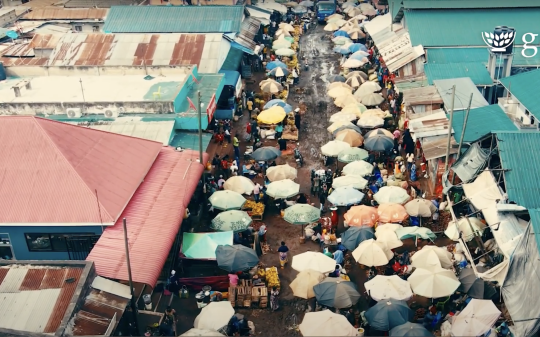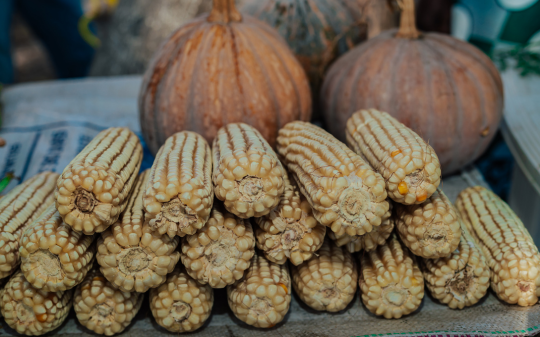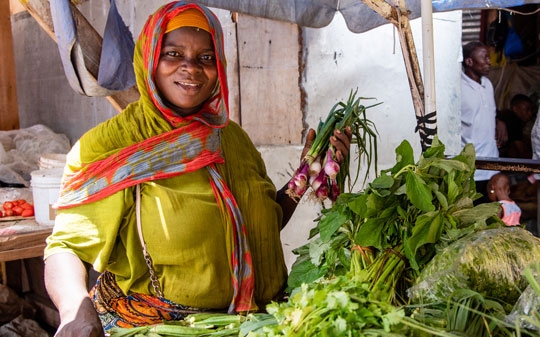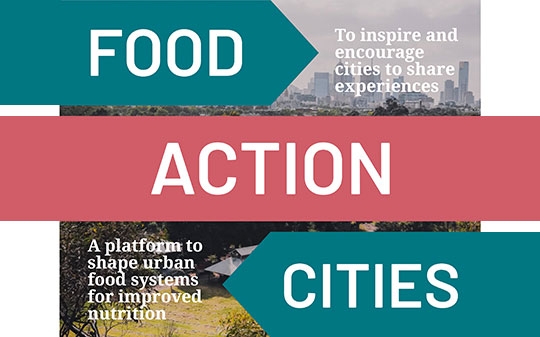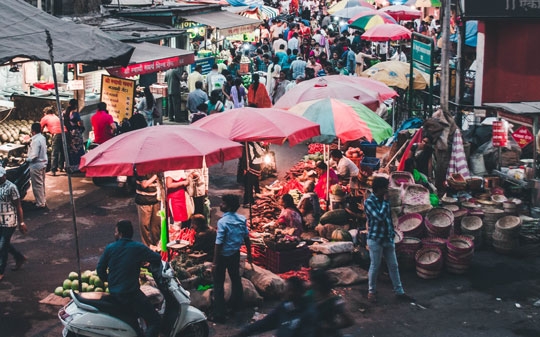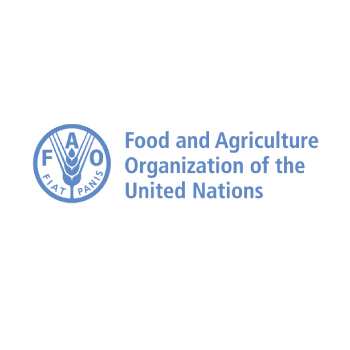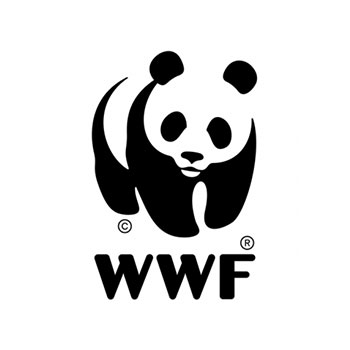Beyond city boundaries, the surrounding peri-urban areas, along with their connections to secondary cities, both formal and informal food sectors, infrastructure, rural communities, and broader regions, are acknowledged as cornerstones for rapid, significant, and sustainable transformations in food systems. (HLPE-CFS., V0 UPU report in review, 2024). This space for change has the potential for multiple co-benefits including access to affordable and healthy diets, biodiverse ecosystems, climate change, land and freshwater use (FAO et al., 2023; Rockstrom et al., 2023).
GAIN works together with multiple local, national and global actors to re-shape food systems with attention to context, inclusion, equitability, innovation and scaling. Design thinking and 'whole of society' participation are key principles with particular emphasis on evidence, local agency, gender transformation and engagement of those most vulnerable to malnutrition e.g. low income communities and those who live, lead and shop in informal (traditional) food markets.
Examples of our work and resources: Food Action Cities platform; Markets and Local Government Policy Option Toolkits; Transforming Urban and Rural Food Systems (TURFS); Nourishing Food Pathways (workstream 2. governance, markets and women).







